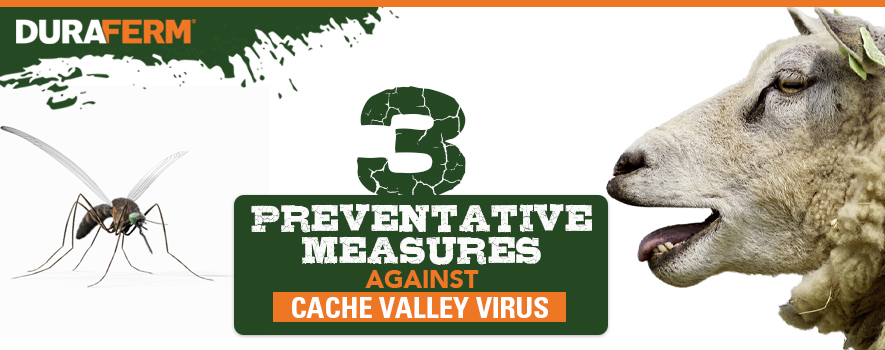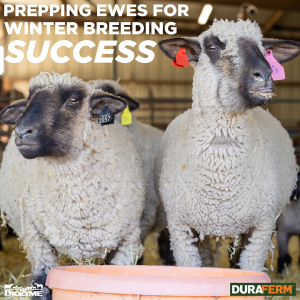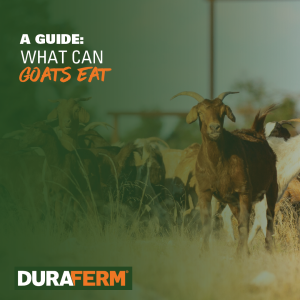
When we think mosquitos, we typically think of the foul odor of insect repellant and trying to keep those pesky creatures from landing on and biting our skin, causing itching and welts. However, if you are a sheep or goat producer who breeds ewes and does in the summer, your concerns for mosquitoes are likely to increase as you might worry about the transmission of Cache Valley Virus in your flock and herd.
Cache Valley Virus is a blood-borne virus transmitted to ewes and does. During early gestation, usually the first 28-30 days, if an animal contracts CVV, the bred female will abort her fetus, leaving an open female and causing that producer to have lowered conception rates and fewer animals to market at weaning. Females infected with CVV 30-45 days into gestation often develop congenital abnormalities affecting the nervous system, resulting in abortions, dystocia, weak lambs, stillbirths and lambs with severe structural deformities. If a lamb is born full-term, it is often too weak to live very long. Since abortions and stillbirths are caused by other things besides Cache Valley, consult with your local or state veterinarian for an exact diagnosis.
There are no tell-tale signs that your ewes have contracted this virus, but once they have it, research shows that they have lifetime immunity to it.
With no vaccine for Cache Valley Virus, producers must be aggressive and take proactive steps to help prevent mosquitoes, especially after summer breeding, and keep their flock or herd free from CVV.
Provide Insecticide Control
Keep flies, tics and mosquitoes at bay by shearing your sheep and providing a pour-on just prior to summertime breeding. Not only will this help keep your animals cooler during the hot summer months, keeping their wool off of them will reduce the habitat for these pesky insects to live in and potentially decrease the likelihood of them laying eggs in the wool. Once you have sheared them, use an insecticide pour-on like Ultra Boss Pour-on.
“It’s worth the effort to save one or two lambs per year,” said Pennsylvania sheep producer Greg Beatty.
Consider the Environment
Since there is no way to vaccinate for CVV, it is important to keep your bred sheep and goats in an area that is a clean, dry environment, not ideal for mosquito breeding and hatching. Mosquitos like the wet, hot weather, so if your animals are in a barnyard, keep the manure and waste picked up and hauled away. Make sure the pens stay dry, if possible, and if you have fans, run those to help provide air flow.
Fed-through Fly Control
Because early gestation is an important time to your ewes’ reproductive health, you will want to make sure to provide them a complete vitamin and mineral package like the one found in DuraFerm® Sheep Concept•Aid® HEAT®. This highly fortified, free-choice vitamin and mineral supplement for sheep specifically designed to help prevent heat stress during temperatures of 70 degrees or above is especially beneficial to combat the challenges of getting ewes bred in the summer. Additionally, it contains garlic, to help deter insects.
The DuraFerm Sheep Concept•Aid HEAT will help your ewes stay bred, while eliminating heat stress with the heat package, a unique combination of plant extracts, along with the precision prebiotic Amaferm®, designed to enhance digestibility by amplifying nutrient supply for maximum performance. The garlic will help keep flies and mosquitoes off the ewes.
Keeping your flock and herds healthy is your priority and having those females birth out healthy, thriving progeny is part of that health protocol. Don’t be a victim of Cache Valley Virus. Keep your bred females dry and protected with the insecticides and insect control while keeping them nutritionally sound.

